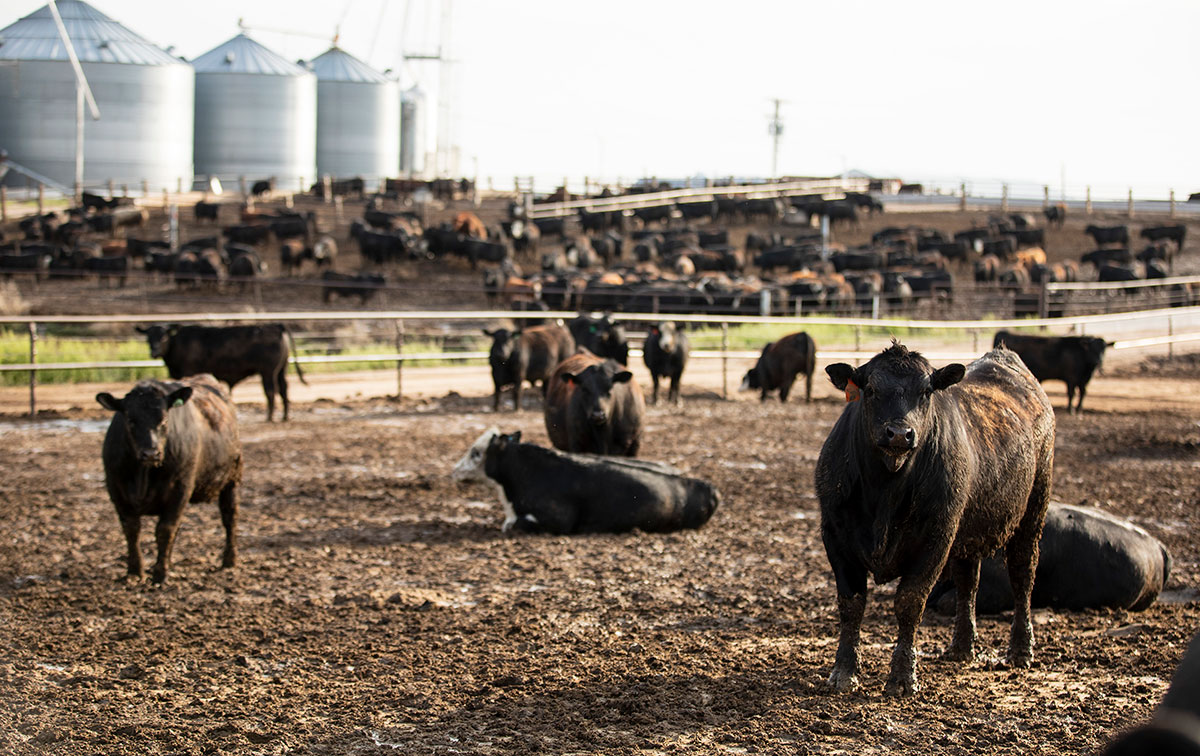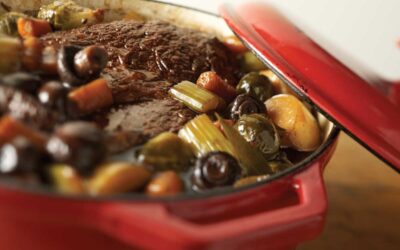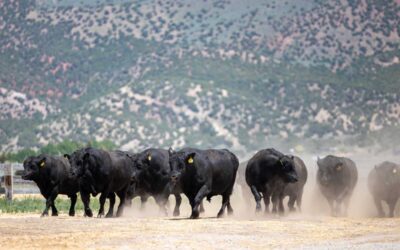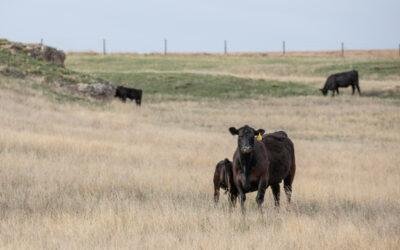
Setting them up for success
Will Feed partners with CAB
by Miranda Reiman
January 2009
It’s all in the details at Will Feed, Inc., Cozad, Neb.
The 3,000-head feedyard focuses on managing cattle and data in tandem to return the most money and information to the rancher. That’s why the business has licensed with Certified Angus Beef LLC (CAB).
“We try to trace cattle, back to the ranch and forward to the consumer,” says Anne Burkholder, feedyard manager. “The beef industry is putting together pieces of the puzzle. I don’t think there’s one magic set of genetics or management at any one point. It’s a matter of putting those pieces together in the best way.”
The CAB Feedlot Licensing Program (FLP), a network of 63 feedyards across the country, helps with that equation. The company promotes information flow among all segments in the beef industry.
“Carcass data is very important to me; in fact, that’s why I’m licensing with CAB,” she says. The quality and yield grade information gathered from packer partners complements the yard’s extensive records on weights, gains and health. Many cattle are age- and source-verified and can be marketed through Samson Quality Systems Assessment (QSA) for added premiums.
Although Will Feed always owns a portion of each pen it feeds, Burkholder makes sure the producers know how their cattle did.
“We have to have communication up and down the industry. I don’t want to be vertically integrated, but at the same time we have to be cooperative,” she says.
Customers are encouraged to retain partial ownership to better experience the feeding process.
“It helps drive home the point that we’re in the beef business,” Burkholder says. “Even if it’s just 10% or 15%, you still have a stake in it.”

Burkholder offers to go over results with customers and hopes they use it to make decisions in the future. She does caution first-time feeders that it takes a few years of data to get an accurate baseline.
“There are so many variables that go into carcass performance, from the weather to any sickness, to the packing plants and how the cooler is managed,” she says. “If they want to follow their calves, they need to follow them for several years before they can really get a clear picture of what they have.”
The philosophy at Will Feed is in line with CAB’s goals.
“I find myself in the midst of a business that is mostly commodity oriented but I’d like to see us get away from that. I think we can do better than that and I think the money will be better,” Burkholder says, noting quality is their niche.
“We like to keep our calves healthy and happy and working for us,” she says. The yard is Beef Quality Assurance (BQA) certified, and Burkholder is very active in that cause at the state and national levels.
“We need to get the details right so we can set our people and our animals—and the beef that they produce—up for success,” she says.
The feedyard, which opened in the mid-1960s, has three additional employees. Other enterprises in the family business include an alfalfa dehydration plant and a crop farm.
For more information, contact Anne Burkholder at 308-784-2115 or visit www.cabcattle.com
You may also like
Seasonal Demand Shifts Carcass Values
January often presents the lowest beef demand, while February likely vies second. Also, we see a shift in consumer preference away from holiday middle meat roasts toward end cuts for “comfort food” meals.
Working in Balance
Cattlemen have a responsibility to look critically at their own herd, determine the areas that warrant improvement, and select animals accordingly. Stockmen bring immense value by objectively evaluating phenotypes, regardless of what the numbers say, and setting individual breeding objectives.
Price Speaks Volumes
While the tightest fed cattle supplies in the cycle are projected this year, consumer demand has issued directional support that tight supplies do not necessitate narrowing of price differentiation for quality.



